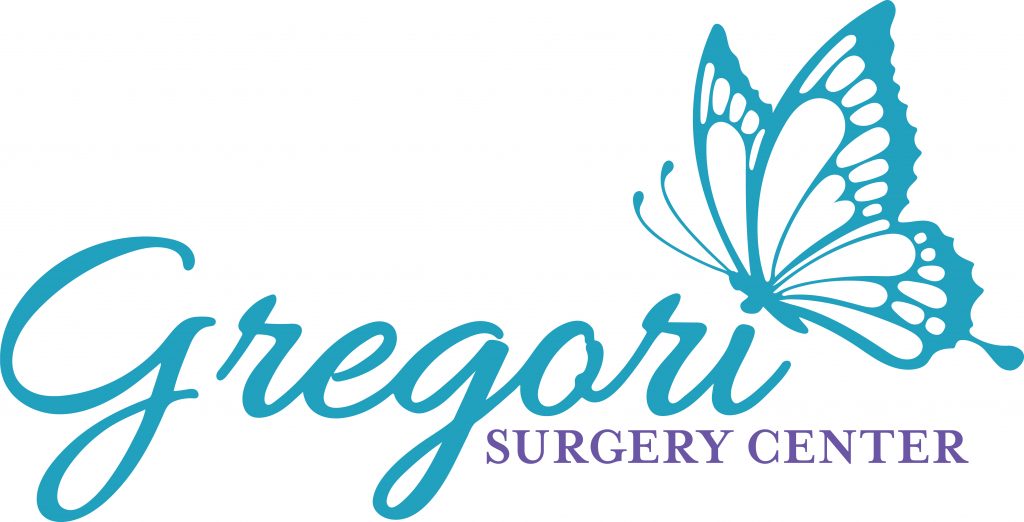What Is the Source of My Neck Pain?
Sometimes, the cause of neck pain is simple and straightforward, and a doctor can diagnose a neck injury and offer recommendations for treatment. However, sometimes pinpointing the source of the pain can be challenging. Part of the reason is that the neck is a highly complex structure made up of cervical discs, tendons, muscles and other soft tissue, all of which can sustain injury. Additionally, the fact that the neck must continuously support the weight of the head only adds to the pain you can experience when you have a neck issue.
Understanding Types of Neck Pain
Most neck pain can be divided into two categories: neck pain caused by a single event, such as a car accident, and neck pain due to long-term “wear and tear” conditions like arthritis.
Whiplash, which often occurs during a car accident, is a result of the neck being forcibly and rapidly bent forward and backward. Those who experience whiplash, typically wear a neck brace during recovery. Whiplash can cause neck pain, headaches and dizziness. Fortunately, most neck pain due to whiplash subsides and normal functioning returns.
“Wear and tear” neck pain can have a variety of causes. It can be due to degeneration or rupture of the cervical discs. Additionally, a painful, bone-on-bone sensation can result when cartilage and other tissues erode. Pinched nerves can also be the source of neck pain.
What Do Your Symptoms Suggest?
Never try to self-diagnose a neck issue. However, it is important to take note of the symptoms you are having. That way, you will be able to describe your neck pain in greater detail, which will help your doctor during diagnosis and treatment.
Common neck conditions and injuries and their symptoms include:
- Cervical kyphosis: An abnormal curvature in the neck. Symptoms are chronic pain and limited movement.
- Cervical nerve compression. A pinched nerve in the neck. This results in numbness and tingling or a feeling of weakness in the hands or the arms.
- Cervical spondylosis: A type of neck arthritis. Pain and stiffness often worsens over the course of the day.
- Whiplash: Muscles and tendons are stretched unnaturally. Stiff neck, shoulder pain, muscle spasms and headache are common symptoms.
Finally, if your doctor prescribes a cervical collar (neck brace), be sure to follow the usage instructions carefully. The collar will stabilize your neck and can help you heal more rapidly, without the need for additional medication.
